'crepe' or 'crape' myrtle?
phillip_in_alabama
17 years ago
Featured Answer
Comments (11)
inkognito
17 years agoeddie1
17 years agoRelated Professionals
Ashland Landscape Architects & Landscape Designers · Camas Landscape Architects & Landscape Designers · Middle Island Landscape Architects & Landscape Designers · Springfield Landscape Contractors · Dunwoody Landscape Contractors · Little Ferry Landscape Contractors · Mendota Heights Landscape Contractors · Rosemount Landscape Contractors · Atascadero Fence Contractors · Carson Fence Contractors · Lake Zurich Fence Contractors · Lorton Fence Contractors · North Miami Beach Fence Contractors · Saginaw Fence Contractors · Woodland Hills Fence ContractorsTonyfromOz
17 years agoronalawn82
17 years agotexasredhead
16 years agosylviatexas1
16 years agoginny12
16 years agogood-2-grow
16 years agopatricianat
16 years agoHousePlantz
last yearlast modified: last year
Related Stories
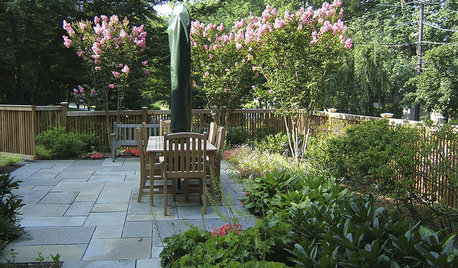
GARDENING GUIDESGreat Design Plant: Crape Myrtle
With long-lasting blooms and gorgeous exfoliating bark, this ornamental tree brings bright color and a unique form to the landscape
Full Story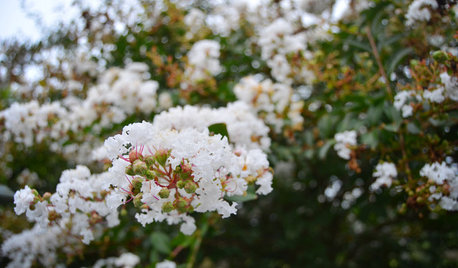
GARDENING GUIDESBrighten Any Garden With White Crape Myrtle
A terrific supporting player to other plants, white crape myrtle can help a walkway or other parts of a landscape gleam
Full Story
GARDENING GUIDES5 Best-Behaved Trees to Grace a Patio
Big enough for shade but small enough for easy care, these amiable trees mind their manners in a modest outdoor space
Full Story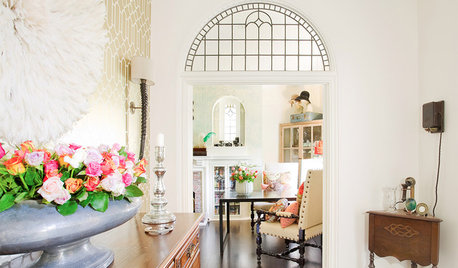
DECORATING GUIDESHouzz Tour: Arts and Crafts Cottage Gets a Lively Remake
An interior designer uses color, light and historical touches to brighten up a 1920s Sydney home
Full Story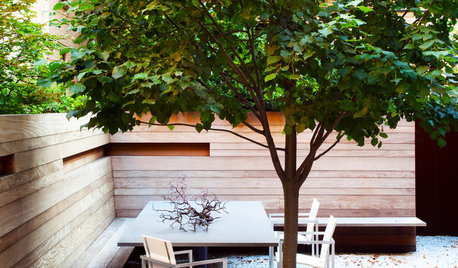
LANDSCAPE DESIGNPretty Trees for Patios, Paths and Other Tight Spots
Choose trees for their size, shape and rate of growth — or shape them to fit your space. Here's how to get started
Full Story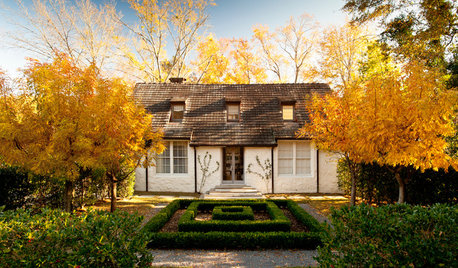
GARDENING GUIDES6 Plants for Colorful Fall Foliage in the Water-Wise Western Garden
Try these colorful, drought-tolerant additions to your garden for a fall season filled with color
Full Story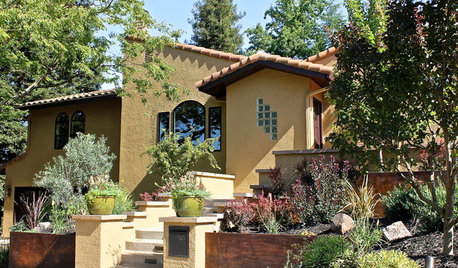
LANDSCAPE DESIGNLandscaping Magic Fixes a Dangerous Sloped Yard
It had scary parking, a confusing entry and erosion issues. See how this steep California landscape gained safety, beauty and clarity
Full Story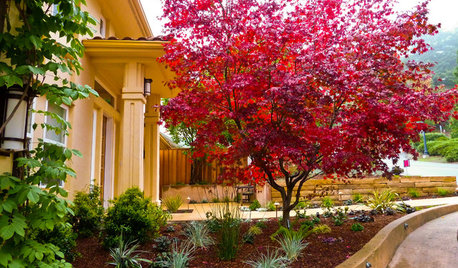
LANDSCAPE DESIGN7 Great Trees for Summer Shade and Fall Color
These landscape-pro faves straddle the seasons beautifully. Could one enhance your own yard?
Full Story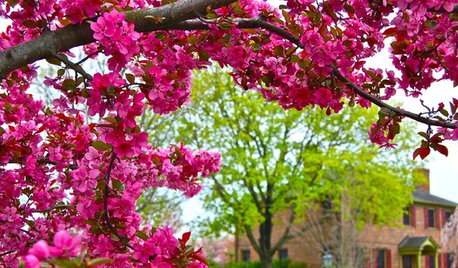
FALL GARDENING6 Trees You'll Fall For
Don’t put down that spade! Autumn is the perfect time for planting these trees
Full Story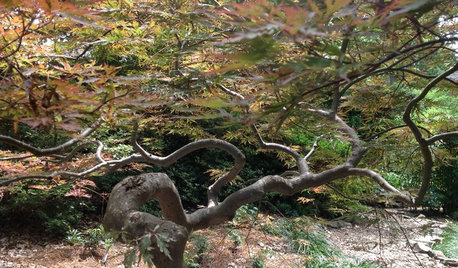
FALL GARDENINGA Garden With a Love Story
Over 23 years, a North Carolina couple has created an inviting, magical garden that harmonizes with its woodland setting
Full StorySponsored
Columbus Design-Build, Kitchen & Bath Remodeling, Historic Renovations






macbirch